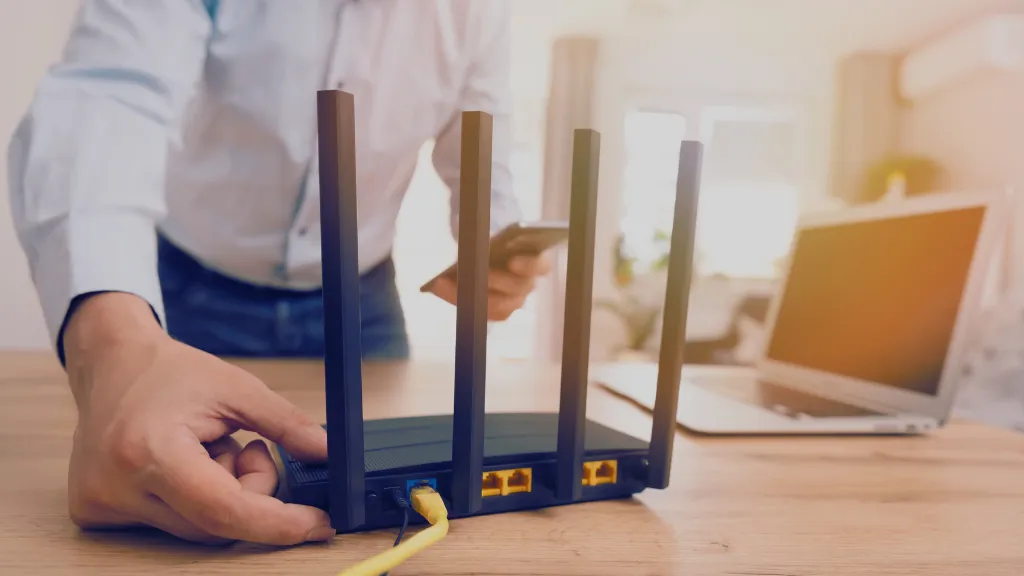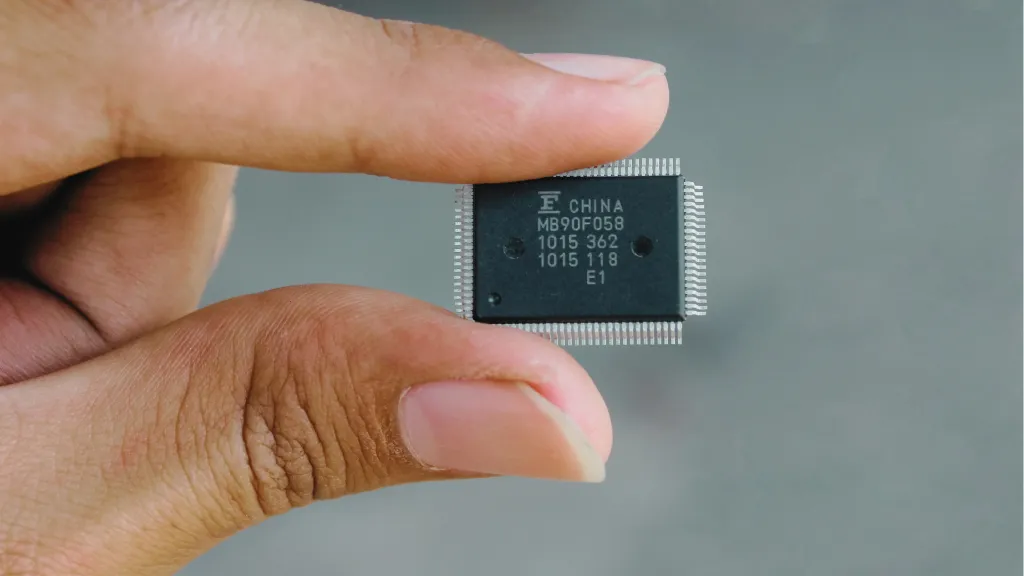I can tell you that choosing a suitable processor is crucial for getting the best performance out of your device. The processor, or CPU (central processing unit), is the brain of your computer, responsible for executing instructions and performing tasks.
A faster processor means your laptop can handle more demanding tasks, such as running multiple programs at once or playing high-end games.
But with so many options on the market, it can be overwhelming to determine a good processor speed for a laptop. In this article, I’ll break down the different factors to consider and provide some guidelines to help you make an informed decision.
Understanding Processor Speeds
Before we dive into what good processor speed for a laptop is, it’s crucial to understand how processor speeds are measured and what they mean.
Processor speeds are typically measured in GHz (gigahertz), which refers to the number of cycles per second the processor can execute. A higher GHz rating means the processor can perform more instructions per second, which translates to faster performance.
It’s worth noting that processor speed is just one aspect to consider when evaluating the performance of a laptop. Other factors, such as the number of cores (physical processing units) and the processor’s architecture, can also impact performance.
Related: Best Laptops for Drawing
Factors to Consider When Determining a Good Processor Speed
There are several factors to consider when determining a good processor speed for a laptop.
Here are a few key points to keep in mind:
Your Needs
The most important factor to consider is what you plan to use your laptop for. Different tasks require different levels of processing power, so it’s crucial to choose a processor that meets your specific needs.
For example, if you’re using your laptop for basic tasks like web browsing, email, and word processing, you may not need a high-speed processor. On the other hand, if you plan to use your laptop for more demanding tasks like video editing or gaming, you’ll want to look for a faster processor with more cores.
Your Budget
Of course, the cost is always a factor when purchasing a new laptop. Faster processors are more expensive, so balancing your needs and budget is essential.
In general, you’ll get the most bang for your buck by choosing a processor with a moderate speed that can handle most tasks without breaking the bank. However, if you’re willing to splurge for top-of-the-line performance, you’ll find processors with even higher speeds and more cores on the market.
Compatibility
When shopping for a laptop, it’s important to make sure the processor you choose is compatible with the rest of the hardware and software on the device.
For example, if you choose a processor with a high speed and a large number of cores, you’ll want to ensure your laptop has enough memory (RAM) to support it. Similarly, you’ll want to ensure that any software you plan to use is compatible with your chosen processor.
Recommended Processor Speeds
Now that we’ve discussed some of the factors to consider when choosing a processor for your laptop, let’s look at some general guidelines for a good processor speed.
Basic Tasks
For basic tasks like web browsing, email, and word processing, a processor speed of 2-2.5 GHz should be more than sufficient. This range will provide enough processing power for these tasks without breaking the bank.
Moderate Tasks
If you plan to use your laptop for more demanding tasks like photo editing or streaming video, you will want to look for a processor with a speed of around 2.5-3.5 GHz. This range will provide enough power to handle these tasks smoothly while being relatively affordable.
Demanding Tasks
For more demanding tasks like video editing or gaming, you’ll want to look for a processor with a 3.5 GHz or higher speed. These processors will provide the necessary power to handle these tasks without any slowdown.
High-End Tasks
For the most demanding tasks, such as professional-level video editing or extreme gaming, you’ll want to look for a processor with a speed of 4 GHz or higher. These processors will provide the highest level of performance available on the market.
Processor Brands to Consider
You’ll likely come across various processor brands when shopping for a laptop. Here are a few of the most popular options:
Intel
Intel is one of the most well-known processor brands on the market. They offer a wide range of processors for laptops, ranging from basic to high-end. Some popular Intel processor lines for laptops include the Core i3, Core i5, and Core i7.
AMD
AMD is another popular processor brand for laptops. They offer a variety of processors with different speeds and numbers of cores, including the AMD Ryzen and AMD A series.
Qualcomm
Qualcomm is a newer player in the laptop processor market, but they have gained popularity recently for their energy-efficient processors. They offer a range of laptop processors, including the Qualcomm Snapdragon and Qualcomm Kryo.
Conclusion
Determining a good processor speed for a laptop depends on your specific needs and budget. A processor speed of 2-2.5 GHz is sufficient for basic tasks like web browsing and email. For more demanding tasks like photo editing or streaming video, you’ll want a 2.5-3.5 GHz processor.
For the most demanding tasks like video editing or gaming, you’ll want a 3.5 GHz or higher speed processor.
It’s also important to consider other factors like the number of cores, compatibility with the rest of the hardware and software, and the processor brand. By considering these factors, you’ll be able to choose a processor that provides the performance you need without breaking the bank.
Frequently Asked Questions
Is a faster processor always better?
Not necessarily. While a faster processor can improve performance, it’s essential to consider your specific needs and budget. If you only plan to use your laptop for basic tasks like web browsing and email, a slower processor may be sufficient and save you money.
On the other hand, if you plan to use your laptop for more demanding tasks like video editing or gaming, a faster processor will be necessary.
Do more cores mean better performance?
In general, yes. A processor with more cores can handle more tasks at once, which can lead to better performance. However, it’s important to note that the number of cores is just one factor to consider when evaluating a processor’s performance.
The speed of the processor and the architecture of the processor can also impact performance.
Can I upgrade the processor in my laptop?
It’s possible to upgrade the processor in some laptops, but it’s not always easy or cost-effective. In general, it’s best to choose a processor that meets your needs when you purchase the laptop rather than trying to upgrade later.
What about processor brands? Does one brand perform better than the others?
Different processor brands have their strengths and weaknesses. In general, Intel and AMD are reputable brands with a wide range of processors. Qualcomm is a newer player in the market, but they have gained popularity for its energy-efficient processors. Ultimately, the best processor brand for you will depend on your specific needs and budget.
Can I use my laptop for gaming with a slower processor?
It’s possible to use a laptop with a slower processor for gaming, but it may not provide the best performance. You’ll generally want a processor of 3.5 GHz or higher to get the most out of your gaming experience.
However, other factors like the graphics card and amount of memory (RAM) can also impact gaming performance.






